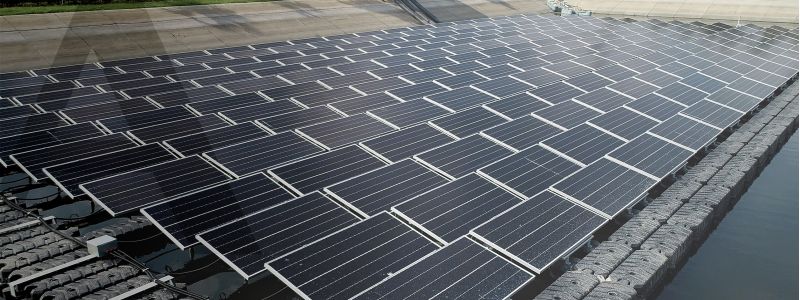Materiality Assessment
In 2024, the Company conducted a comprehensive assessment of material topics in full alignment with the GRI Universal Standards 2021, GRI 3: Material Topics 2021 and the Double Materiality approach outlined in the European Sustainability Reporting Standards (ESRS) by the European Financial Reporting Advisory Group (EFRAG)[1]. Additionally, the assessment adheres to the OECD Due Diligence Guidance for Responsible Business Conduct, applying a risk-based due diligence approach and engaging a multi-stakeholder approach to ensure a holistic evaluation of business impacts. This process provides a comprehensive view of the Company's impact, both externally—on stakeholders, society, and the environment (outward impact)—and internally, assessing its financial implications and long-term value creation (inward impact).
[1] EFRAG IG 1: Materiality Assessment Implementation Guidance

Materiality Determination Process

The Company assessed the identified sustainability topics through the materiality prioritization process, guided by the Double Materiality concept and principles established by the European Financial Reporting Advisory Group (EFRAG). These topics were assessed based on the significance of their impact on the economy, environment, people, and society, which includes human rights (impact materiality), as well as their influence on the Company’s financial performance and long-term value creation, covering risks and business opportunities (Financial-related Sustainability Materiality). The significant material sustainability topics were then plotted in the Materiality Matrix to illustrate their importance.
- Vertical axis (Y Axis): represents the level of significance of ESG impacts on AMATA (Inward impact)
-
Horizontal axis (X Axis): represents the level of significance of AMATA’s impacts on people and planet (Outward impact)
-
Bubble size: represents the importance of ESG topics to AMATA’s stakeholders
Materiality Matrix
In 2024, the Company identified 16 material topics, comprising 9 high-impact and 7 medium-impact topics. This reduction from 19 topics in 2023 resulted from impact reclassification and the consolidation of existing topics, such as Circular Economy, Social Support and Assistance, and Risk and Crisis Management into subtopics under the 2024 material topics. The topic names have been changed for greater clarity. Furthermore, all material topics were found to have direct or indirect implications for stakeholders' human rights. Consequently, human rights were not designated as a standalone material topic but were embedded across relevant sustainability topics. The outcomes of this materiality assessment were also incorporated into the Company’s Human Rights Due Diligence process, ensuring a comprehensive approach to assessing and mitigating human rights risks.



Material Topic Management


Start
Building the Future
with AMATA

Start
Building the Future
with AMATA
Contact us for more details.
(+66) 38 939 007
(+84) 251 3991 007 (South)
(+84) 203 3567 007 (North)
(+95) 1 230 5627
(+856) 21 810007
(+856) 20 5710007 (Chinese)
(+856) 20 57550007 (English)
© AMATA CORPORATION PCL. All rights reserved. Web by Toneyes






